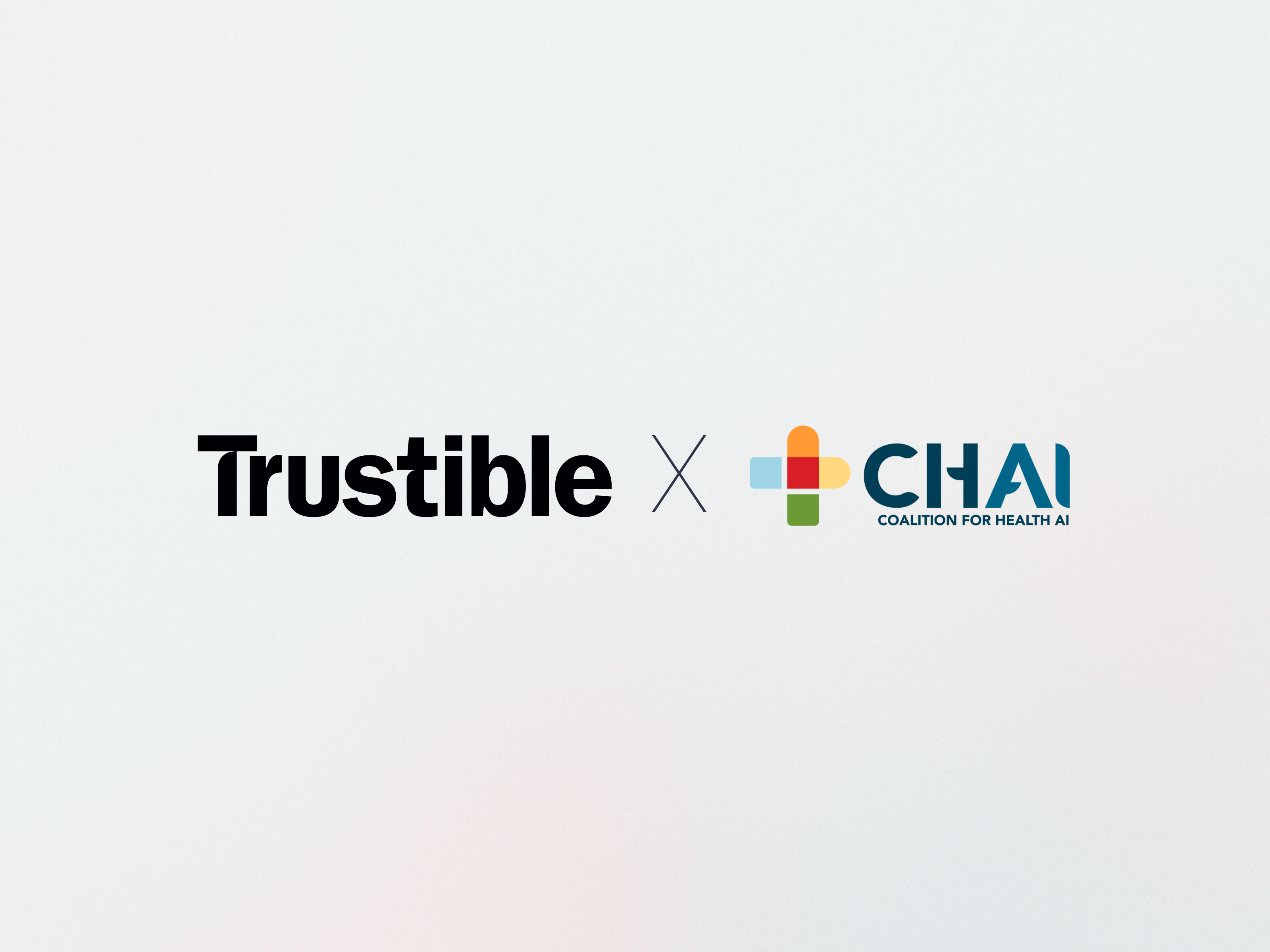AI incidents can have major implications for companies looking to develop and deploy AI. Oftentimes, organizations can be financially or reputationally harmed if the AI system performs harmful or unintended actions impacting people – furthering the need for hashtag #AIgovernance.
The American drugstore chain RITE AID was recently banned by the Federal Trade Commission (FTC) from using AI facial recognition after the retailer deployed the system without reasonable safeguards. This will have far-reaching implications for facial recognition technology. It also signals the FTC willingness to go big on regulating AI in the US.
Watch our LinkedIn Live hosted on Wednesday, January 31 at 12:00 P.M. EST / 9:00 A.M. PST for a deep dive on this topic.
Speakers
◾ John Heflin – Director of Policy, Trustible
◾ Jon Leibowitz – former Chairman of the FTC and former Partner, Davis Polk & Wardwell LLP
◾ Maneesha Mithal – Partner, Privacy & Security, Wilson Sonsini Goodrich & Rosati
Agenda
◾ The FTC’s role in regulating AI
◾ The impact of the Rite Aid decision on American businesses
◾ AI and consumer rights, notices, and complaints
◾ Effects on AI vendors and suppliers


